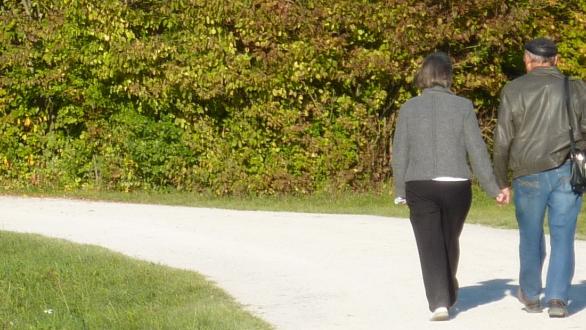Financial experts are growing concerned by how millennials’ lack of homeownership will impact them financially when they retire.
"Homeownership is one of the touchstones of being prepared for retirement," Tamera Sims, a research scientist at the Stanford Center on Longevity, told CNBC. "Buying a home at age 50 or 60 isn't going to do you much good in funding a 30-year retirement."
But young adults are “not able to hit the [housing] market at the same age as their parents,” Sims says. Researchers found homeownership is falling the most among people under the age of 30 compared to previous generations.
The homeownership rate among early millennials (those born between 1980 and 1984) at age 30 is 35.8 percent, according to the Stanford Center on Longevity. The rate of nonowners, however, is 64.2 percent. For comparison, the rate of homeownership among baby boomers at age 30 was 48.3 percent, and nonowners were 51.7 percent.
Young adults are delaying marriage and having children and loaded with student debt, all factors for their slow start at homeownership compared to previous generations. In 1960, the average age for men and women to get married was in their early 20s. The median age nowadays has slid closer to 30.
Young adults when they graduate face an average of about $30,000 in student debt, up from an inflation-adjusted $16,000 in the early 1990s. Young adults who are still repaying their student loans at age 30 are 32 percentage points less likely to own a home than those who never borrowed for their education, according to research from the Stanford Center on Longevity.
A study in 2013 from the Urban Institute found that if a person delays buying a home to age 40 instead of age 30, that alone could result in a $42,000 loss in home equity by the time that person reaches age 60.
Source:
“Waiting No Longer to Buy a House Could Hurt Millennials in Retirement,” CNBC (Oct. 25, 2018)













